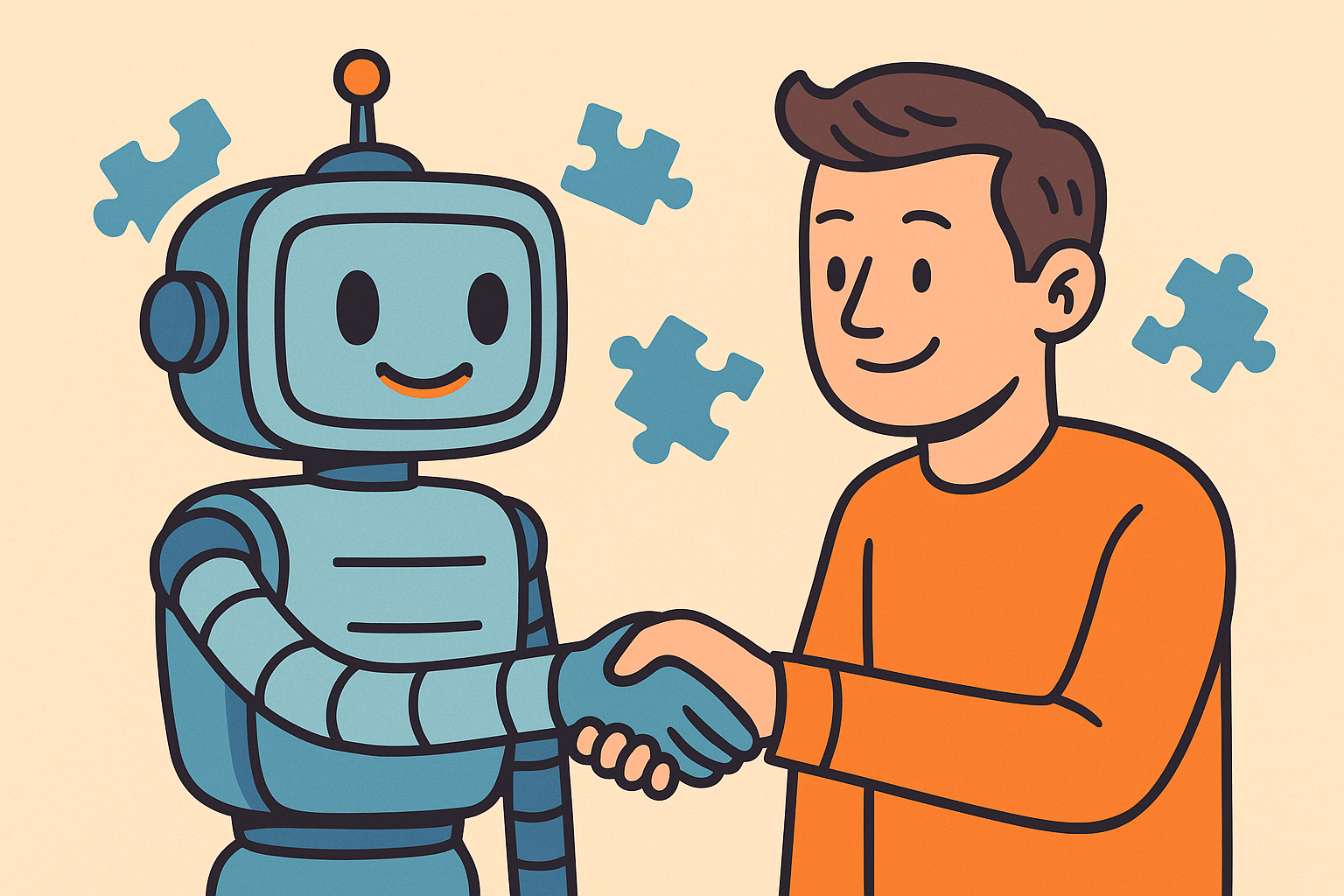- AI creative process, AI experimentation, AI human collaboration, imperfect AI, learning from AI errors, why AI fails
- Stephen Matthews
Part 2: AI Is Imperfect — Why That's Okay

Part2: AI Real or Fake

Artificial Intelligence doesn’t always get it right. In fact, it gets a lot wrong. It misunderstands tone. It confuses facts. Sometimes it flat-out invents things that never happened. And while these imperfections frustrate users who expect instant magic, they also hold the key to a more profound truth: AI’s real value lies not in perfection, but in potential.
Let’s be clear. AI is not — and may never be — flawless. It’s a system built on probabilities, not certainties. That means it’ll always have a margin for error. But instead of seeing that as a weakness, creators and entrepreneurs can flip the script. Mistakes aren’t bugs — they’re signals. Indicators that help us refine our thinking, our input, and ultimately, our output.
Take product development. When AI suggests 10 ideas, 7 might be irrelevant, 2 might be mediocre, but 1 could spark a completely original concept. That’s a win. That one gem only appears because you let the system run wild. Without the messiness, there’s no surprise.
Creativity thrives in the unpredictable. Artists have long embraced failure as part of the process. Musicians write 100 songs for one hit. Designers sketch 50 versions before finalizing one. Writers revise drafts endlessly. Why should working with AI be any different? We shouldn’t demand perfection on the first try — we should expect process.
The magic of AI is that it can be wrong a thousand times without ever getting tired. Unlike a human collaborator, it doesn’t get discouraged, distracted, or defensive. You can prompt it again and again, tweak your approach, reframe your goal — and it’ll keep showing up, giving you new angles every time.
This makes AI one of the best creative brainstorming partners we’ve ever had.
But let’s go deeper. Imperfect AI pushes us to be better communicators. Every time it misunderstands a request, it’s giving us feedback about how we frame questions. It forces us to think critically about clarity, tone, and specificity — all skills that transfer beyond tech. Prompting AI well is an art form. It makes you sharper, more intentional.
In a weird way, AI is teaching humans how to communicate more effectively with each other.
“If you’ve ever felt like AI is failing to live up to the hype, you’re not alone. Here’s why AI often feels like a scam in the first place.”
Let’s also not forget that many of the most important discoveries in science and technology came from errors. Penicillin was discovered by accident. Post-it notes were born from a failed adhesive experiment. In AI, the same rule applies: happy accidents can lead to gold.
So, what does this mean for small businesses, artists, and creators?
It means you shouldn’t fear AI’s flaws. You should use them. Let it generate messy drafts. Let it give you wild ideas. Don’t stop at the first weird output — dig through it. One odd phrase might become your next viral product name. One unexpected joke could define your brand voice. One offbeat description could spark a new product category.
At Teka Originals, we lean into the chaos. Many of our most popular phrases started as AI suggestions that weren’t quite right — until we reworded them, added edge, or twisted the tone. That process isn’t a detour — it is the journey.
We don’t want AI that sounds like a robot. We want AI that gives us something to riff off, shape, humanize. Because that’s where the soul of good design lives — in collaboration, not automation.
Here’s a reality check. If you expect AI to deliver perfection, you’ll constantly be disappointed. But if you treat it like an idea engine, a sketchpad, a brainstorm buddy? You’ll be blown away by the velocity of what you can build.
So give yourself permission to play. Expect errors. Expect nonsense. But also expect brilliance hiding between the lines. That’s what working with AI really is — a treasure hunt.
Perfection is boring.
Imperfection? That’s where the magic happens.
Stephen Matthews: Teka Originals - (Prints & Punchlines)
